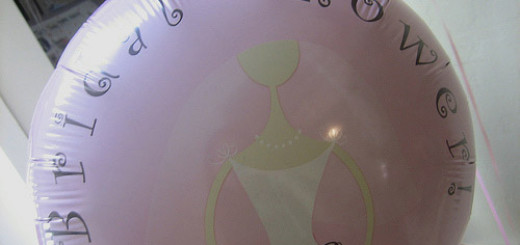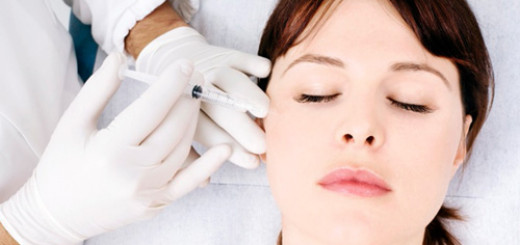4 Reasons Why Depression Causes Sleepiness
3. Depression causes sleep problems
Recent research indicates that people ( adolescents and adults alike) suffering from depression inevitably have sleep problems. There are basically two main types of sleep disorders, insomnia which means difficulty in falling asleep and hypersomnia which means sleeping excessively. Among adolescents who reported being unhappy, most of them reported not sleeping enough at night. Among women and other adults, depression primarily manifested as insomnia. Lack of adequate sleep at night, leads to daytime somnolence, which means excessive sleeping during the day. Thus, a vicious cycle begins.
4. Depression affects the brain’s functioning
The brain is responsible for controlling all your body functions including moods and sleep. The sleep-wake cycle is a brain regulated rhythm of 24 hours, known as the ‘circadian rhythm’. The circadian system involves the hypothalamus, the pineal gland and the retina. The neurotransmitters released synchronize the human sleep cycle with daylight. However, in depression there is a disturbance in the brain’s production of serotonin and other chemicals. This causes mood swings and drowsiness.
If you are noticing these symptoms within yourself, contact your doctor and assess the other signs of depression. If the conclusion is depression, immediately seek help. Family support, psychotherapy and anti-depressants will not only elevate your mood but also help regularize your sleep cycle.





